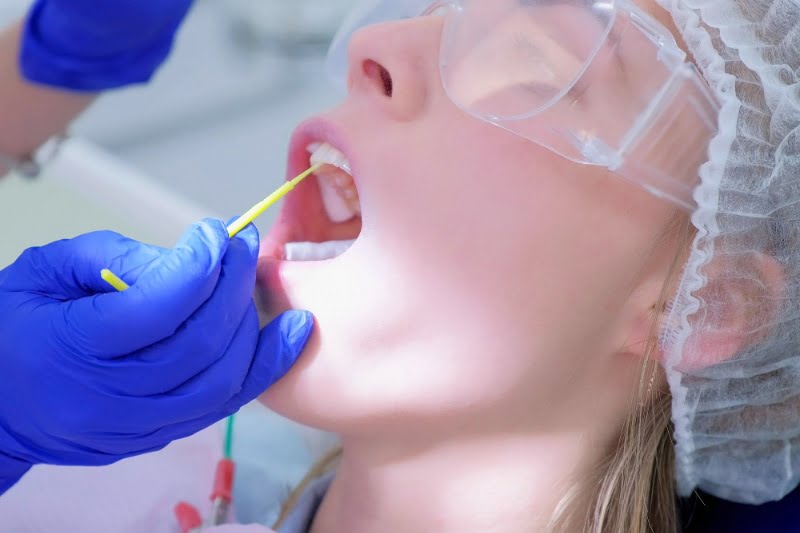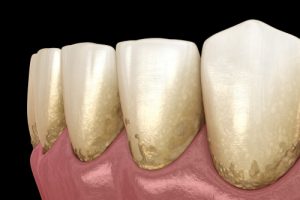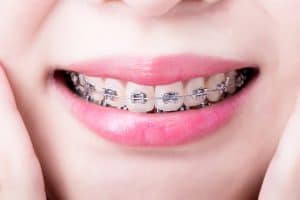WHAT IS FLUORIDE TREATMENT?
Fluoride treatment is a procedure where concentrated fluoride is applied on the teeth in the form of a gel or varnish.
In comparison to fluoride-based toothpastes, the fluoride content used in fluoride treatments is much more concentrated.
How do your teeth benefit from fluoride treatment?
When fluoride joins to your tooth structure, it encourages the reabsorption of minerals like calcium and phosphate to repair the enamel that may have been weakened or eroded by bacteria, hence restoring minerals to your teeth's surface.
As a result, fluoride treatment prevents future oral bacterial invasion and the development of cavities.

Who needs fluoride treatment?
Depending on your oral assessment and health, the dentist will advise and recommend the frequency of the treatment.
Look out some of these symptoms before consulting your dentist.
Children

Dental cavities are knows as one of the most common chronic childhood diseases. Hence, it is recommended for children to visit the dentist for fluoride treatments every 3–6 months, depending on their risk of cavities.
Adults

Adults often experience gum recession, exposing part their teeth surface and increasing their risk of developing cavities. It is typically recommended for adults at high risk of cavities to get fluoride treatments twice a year.
Patients with braces & orthodontics

There are many tiny spaces between orthodontic applicances that can be hard to reach with toothbrushes. These spots may cause tooth decay over time as the plaque accumulates. Hence, those with braces or other orthodontic appliances can seek fluoride treatment to protect their teeth from decay.

FAQs
The effects of the treatment are both immediate and long lasting.
Depending on your oral health, the dentist may recommend routine oral maintenance with fluoride treatment if necessary. The frequency can be in intervals of 3 months, 6 months or 12 months.
Daily wear and tear from eating and drinking and diets high in acidic food and beverages can cause plaque to demineralise the enamel layer of your teeth. When the enamel layer is weakened, your teeth become sensitive to external stimuli.
Fluoride helps to re-deposit these minerals (calcium, phosphate and fluoride) into the enamel. The remineralised enamel can now protect your teeth, reducing teeth sensitivity.
Practising good oral hygiene and having routine dental visits will help to reduce the risk of developing tooth decay.
However, there are people who are more prone to tooth decay and cavities because of their lifestyles and health conditions.
Depending on your risk of developing tooth decay, your dentist may recommend fluoride supplements and treatments after the initial assessment of your oral condition. These supplements can come in the form of tablets, mouthwash, gels and more.
Overdosing on fluoride supplements can cause nausea, diarrhoea and tiredness.
Children aged under six should avoid using fluoridated toothpaste because they may not have learnt how to spit thoroughly. Leftover fluoride can build up in their mouths and lead to fluorosis.
Fluorosis causes the development of brittle spots on teeth. This can cause teeth to break easily, which puts children at a higher risk of dental infection.

